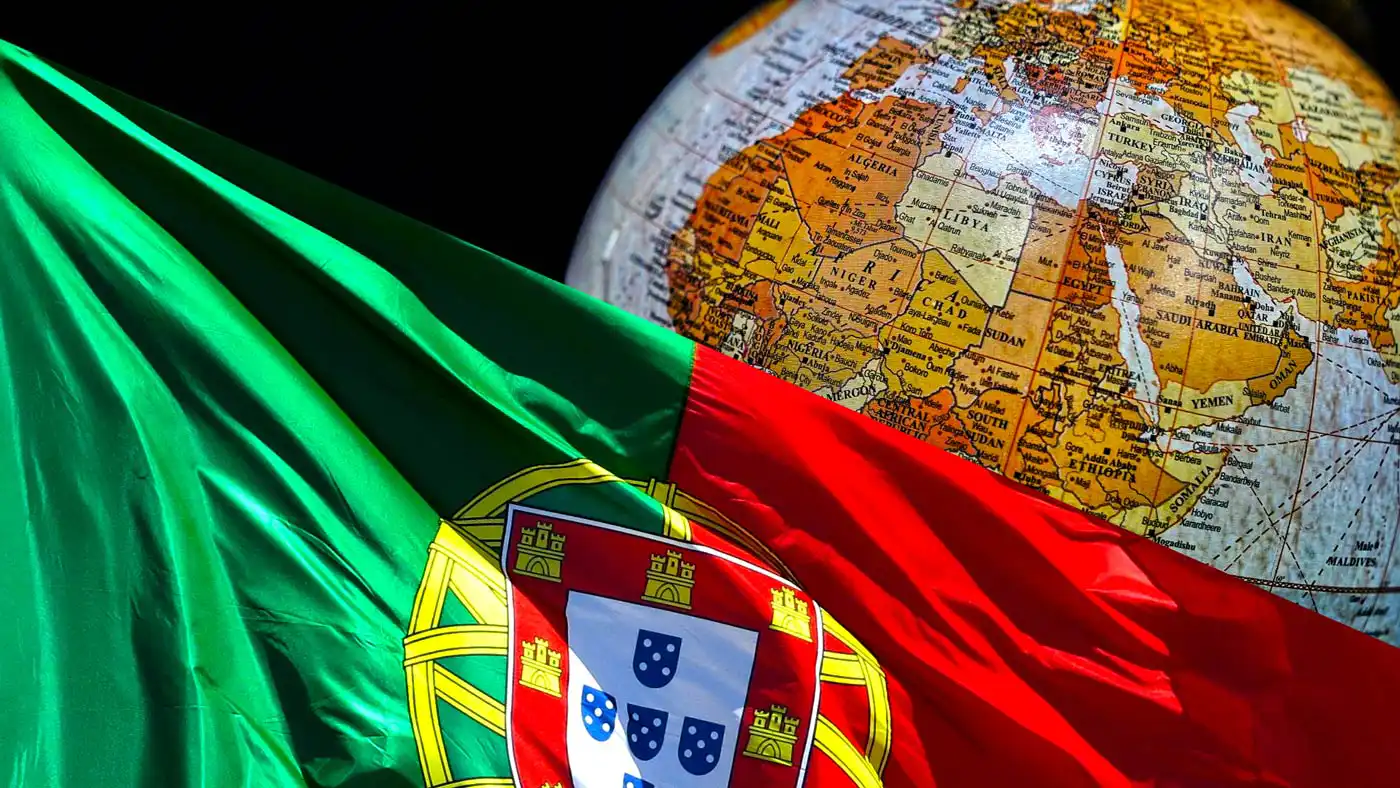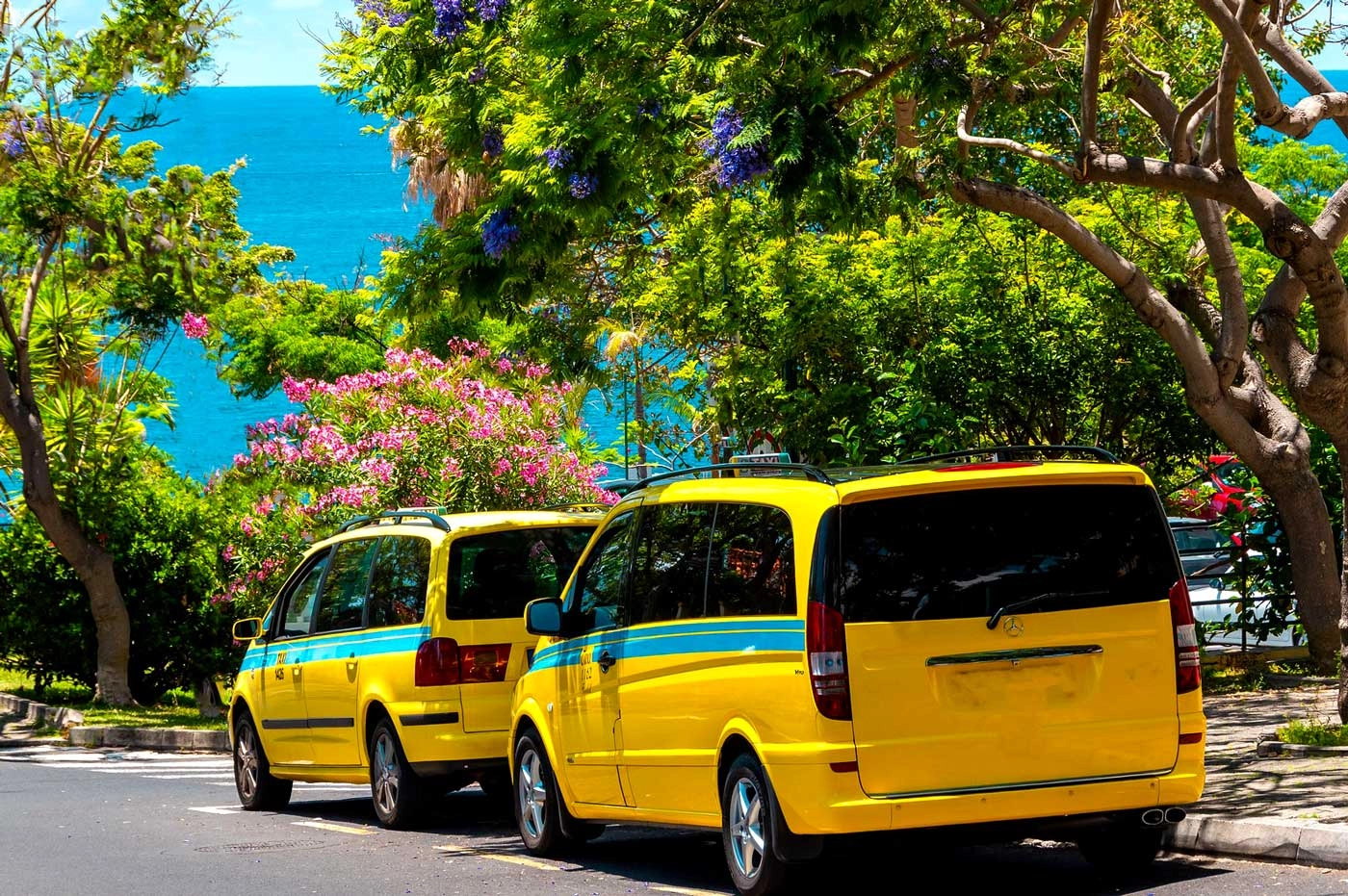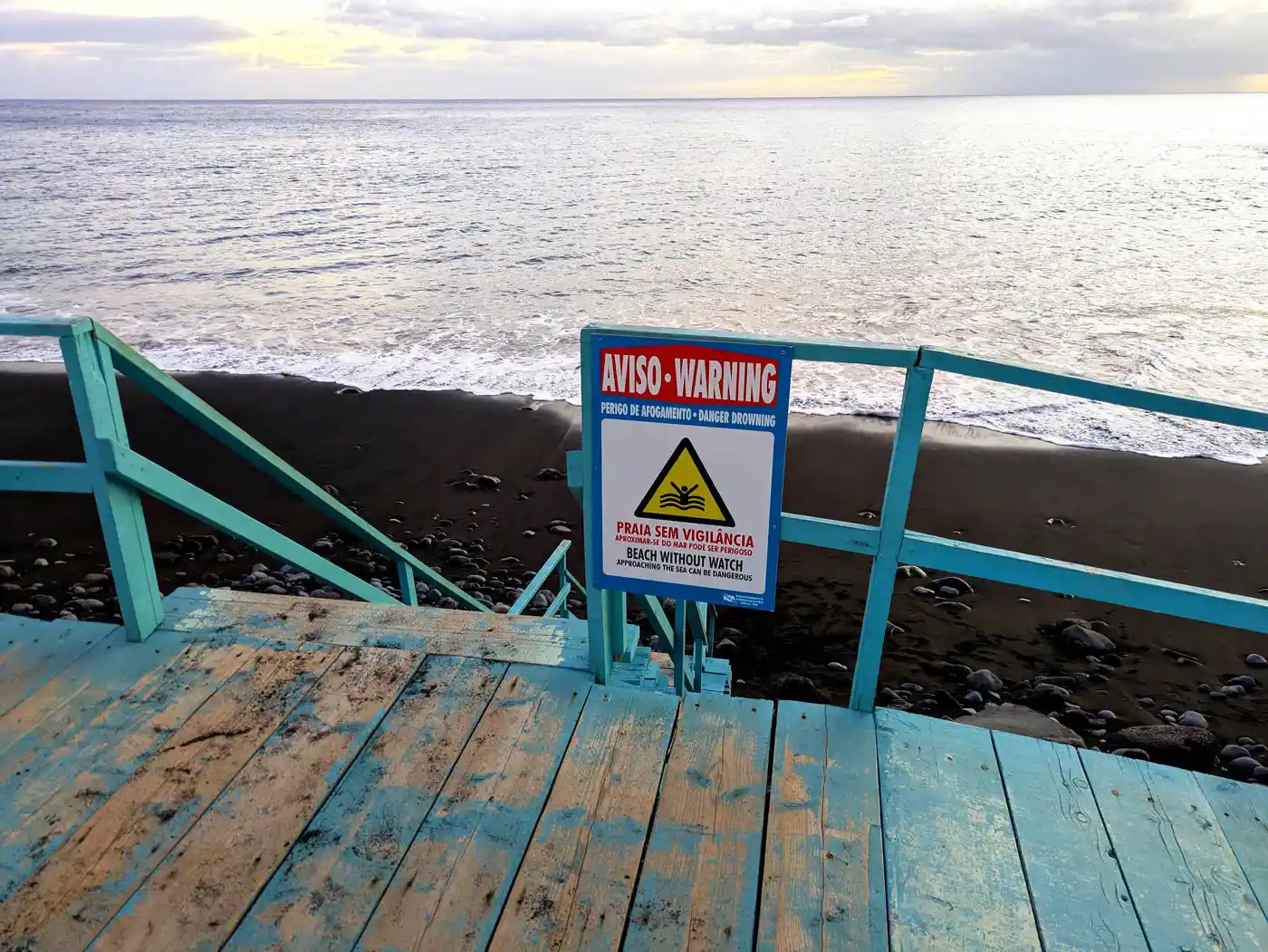Minority Government Changes Tone After Election Success of the Far Right
Portugal is facing a sharp debate over migration, as the government of Prime Minister Luís Montenegro tries to introduce stricter rules. The push comes after the far-right Chega party gained 23 percent in May’s parliamentary election, forcing the minority government to act on promises of tighter migration controls.
Migration Minister António Leitão Amaro, a close ally of the prime minister, said the goal was clear:
The model is: regulate. Certainly tighten. But still remain human.
António Leitão Amaro
The statement signals a change in tone while responding to mounting political pressure.
Illegal arrivals by sea remain very rare. Over the past six years, only about 140 people reached Portugal’s southern coast by boat, according to official figures. But the symbolic handling of a group of 38 migrants who landed in the Algarve this August - ordered by a judge to leave within 20 days - highlighted the new approach.
Migration Has More Than Trippled Since 2015
The government’s first attempt to pass a migration reform law failed. Left-wing opposition parties voted against it, President Marcelo Rebelo de Sousa issued a veto, and the Constitutional Court struck down parts of the plan, including restrictions on family reunification.
Still, Mr. Montenegro insists he will not give up. He argues that migration, which has more than tripled since 2015 from around 400,000 to 1.5 million people in a country of 10.7 million, requires tighter regulation.
Chega’s electoral strength means the government cannot easily ignore demands for tougher rules. Yet, the political balance is delicate, as both constitutional limits and resistance from civil society groups restrict how far policy can go.
Social Strains and Economic Debate
Portugal has seen rapid demographic changes. Wealthy expatriates and European retirees arrive alongside workers from Brazil, Angola, Cape Verde, South Asia, and increasingly Nepal, Pakistan, and Bangladesh. Liberal entry rules allowed many to come as tourists, find jobs, and legalize their stay afterward.
Housing and wage pressures have added to tensions. Rents in Lisbon now exceed those in Berlin, while salaries remain low. According to a study by the Francisco Manuel dos Santos Foundation, 68 percent of Portuguese believe immigration benefits the economy. At the same time, nearly as many view current migration policy as too open, and 69 percent fear that migrant labor pushes wages down.
Queues at immigration offices illustrate the strain: hundreds of thousands of applications remain unprocessed, fueling frustration among both citizens and newcomers.
Planned Citizenship Reform Raises Concerns
The government is preparing another controversial step - changing the citizenship law. Under the proposal, foreigners would need up to ten years of residence, instead of five, before applying. Applicants would also have to demonstrate knowledge of Portuguese language and culture.
Most contentious is the idea of stripping citizenship from naturalized residents convicted of serious crimes. Critics, including Socialist lawmaker Pedro Delgado Alves, warn that such measures may again violate constitutional protections.
Portugal currently has one of the highest naturalization rates in the European Union. In 2020, only Sweden granted citizenship to a higher share of foreign residents.
For Mr. Montenegro, however, the reforms are part of what he calls a “necessary correction.” His political survival may depend on showing voters that he can balance Portugal’s tradition of openness with growing demands for stricter control.






Comments